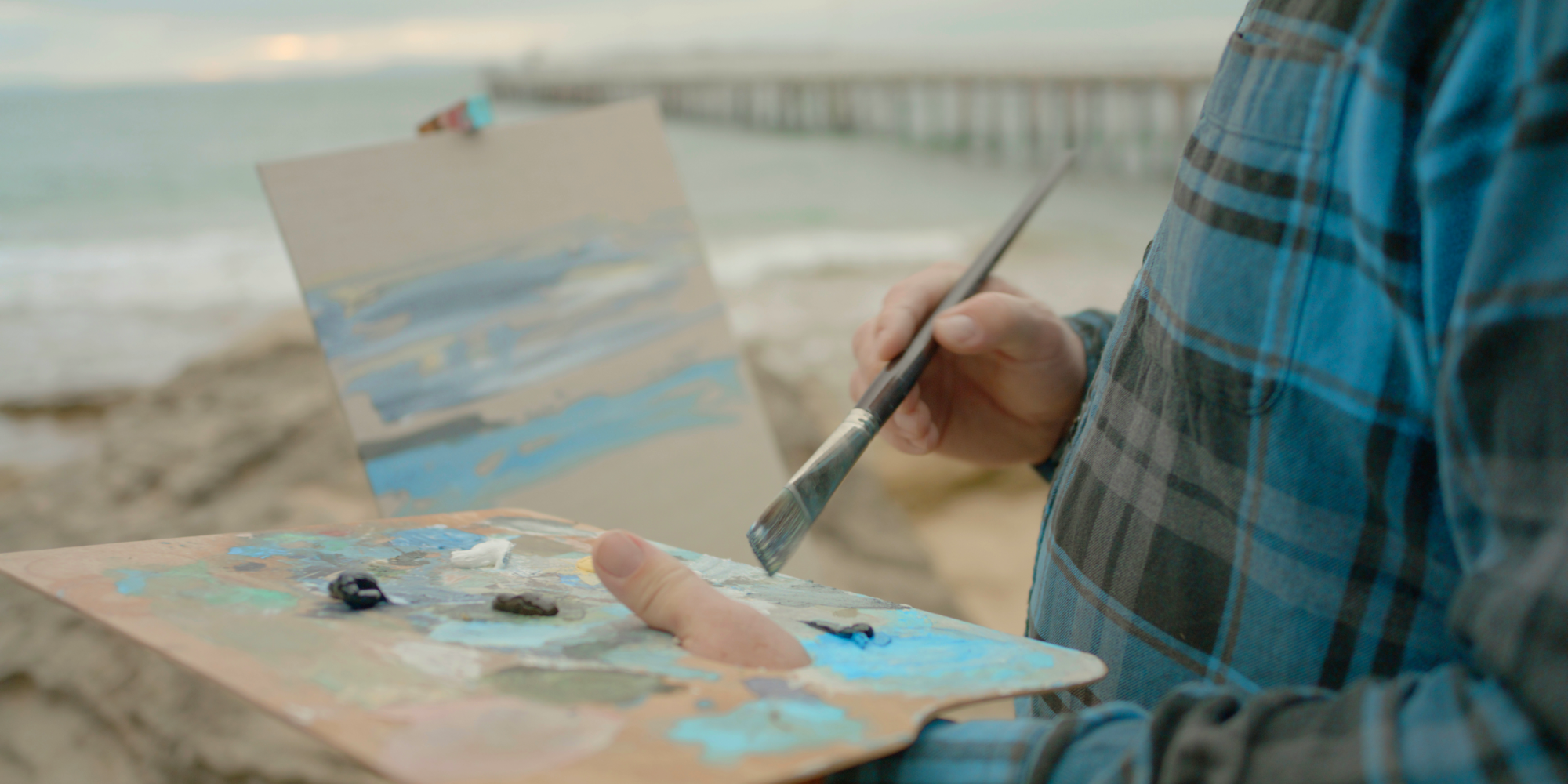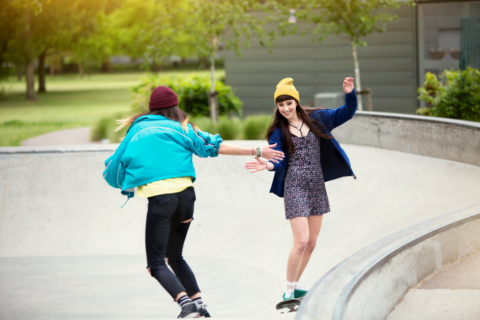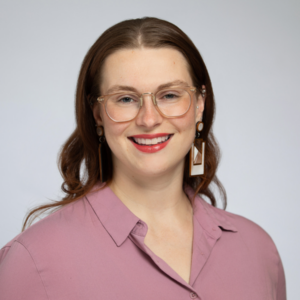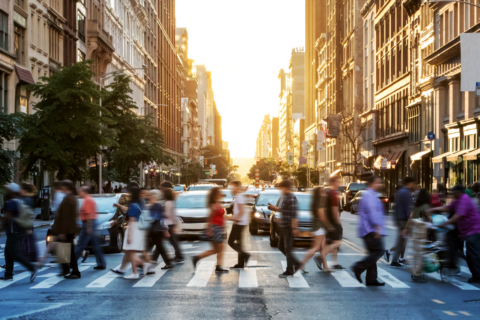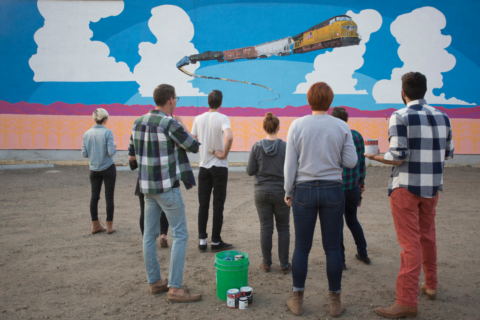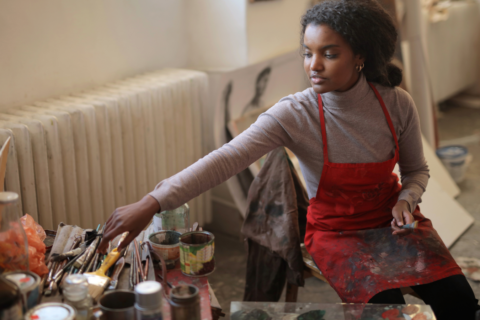There are more than half a million military service members who are living with conditions that compromise their mental health and well-being, such as post-traumatic stress disorder and traumatic brain injury.
With 62% of the veteran population falling outside federal healthcare systems, the burden falls on local communities to step in. Needs often include helping veterans address feelings of isolation and loneliness, homelessness, access mental health services, and reintegrate into the community. These systemic challenges require extensive collaboration, and local arts organizations can be key partners for local governments.
Clinical research connects artistic expression with positive benefits on brain function, mood, and overall wellness. Published research studies document benefits such as fewer flashbacks and nightmares, improved self-regulation of anger and anxiety, ability to cope with loss and grief, and more hope and confidence. Community arts providers who offered programming and the military-connected individuals who participated reported a range of benefits, including improved mental health, an increased sense of community, and increased empowerment.
Collaboration Model: Promoting “mental wealth” for veterans through the arts
The Veterans Art Project (VETART) is an arts organization in the San Diego, CA area that promotes “mental wealth” through the arts for veterans, active-duty military members, spouses, dependents, and their caregivers. VETART provides free art classes that help veterans transition from military to civilian life and to help veterans who are struggling with PTSD, depression, and other mental health issues.
VETART participates in a statewide innovation project[GG1] to produce Pop-Up Cafés, with the dual goal of introducing the available creative arts and local mental health resources to the local veteran community. The Pop-Up Cafés are designed to engage dialogue, foster networking, and build a greater understanding of the unique experiences and mental health challenges of the extended veteran community. Event attendees hear directly from the veteran artists about their personal art-making process and how they have used artistic expression as part of their healing journey, while representatives from community health providers provide information about behavioral health and other resources available to veterans in their community.
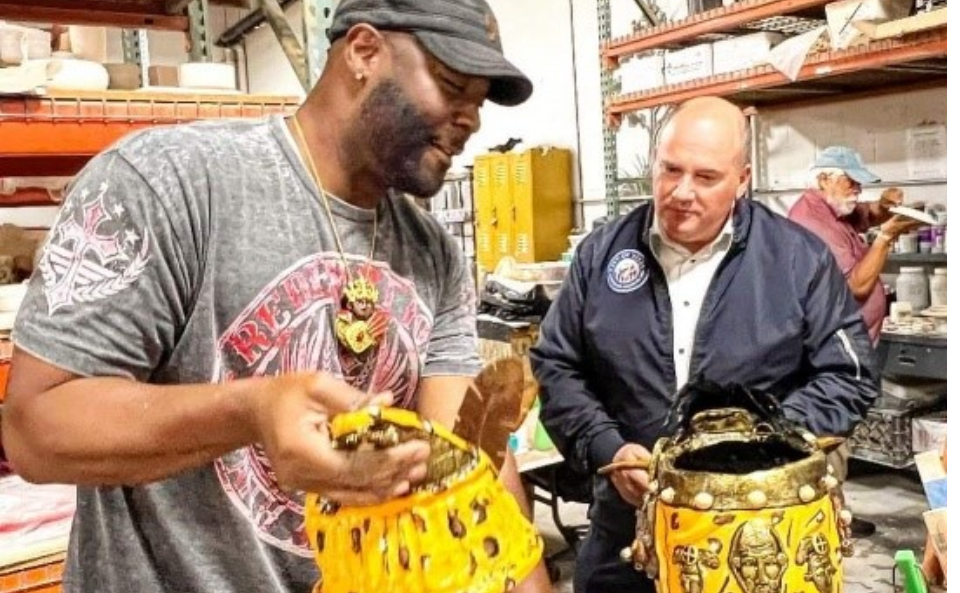
Vista Mayor John Franklin discusses the artistic process with Veteran/artist/instructor, Reginald Green. Photo courtesy of VETART.
VETART’s Pop-Up Cafés are part of a statewide campaign and public-private partnership, sponsored by and in collaboration with the Mental Health Services Oversight and Accountability Commission (MHSOAC), local governments and arts agencies, non-profit arts organizations, VFWs, and the California Arts Council. Through this effort, VETART has built bridges for veterans by:
- Encouraging local agencies, service providers, non-profits, and veterans groups to connect and physically integrate arts and culture practice spaces into health and social service resources
- Facilitating dialogue between veterans and the community by offering creative spaces that provide safety and a sense of connection
- Improving health communication and education efforts by using arts-based modes of communication to make information clearer and more accessible, memorable, and shareable
- Connecting with other state, county, and area-wide mental health resources to pool resources, advocate, and raise awareness
- Building new relationships with local city arts agencies and the veteran artist community to help agencies better understand and serve veterans’ needs
How can cities support veterans’ mental health?
- Connect with local VA health systems and Veterans Service Organizations to understand the scope of the need and current barriers to care
- Identify and talk with veteran artists and creatives in your community by supporting and attending local events affiliated with the VA National Veterans Creative Arts Festival or by connecting with veterans’ exhibitions and performances.
- Work with your area’s public or non-profit local arts agency to identify, support, and help build capacity for artists working with veterans;
- Incorporate veteran voice and expertise. Encourage active veteran participation in public health task forces and other community forums advancing community health and well-being goals;
- Support awareness of existing resources, including those being provided by arts and culture institutions and other nonprofits;
- Explore funding sources, including state and local arts agency funding opportunities to support arts and military programming and the Creative Forces Community Engagement Grant Program, a partnership of the National Endowment for the Arts (NEA) and the Mid-America Arts Alliance (MAAA).
- Connect with NLC! Email gempler@nlc.org for more information.
About the Author:
Marete Wester, Americans for the Arts
